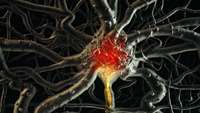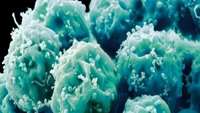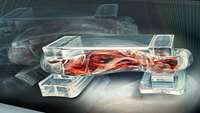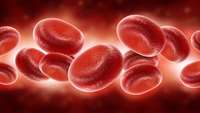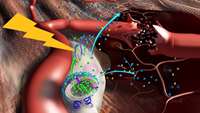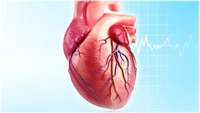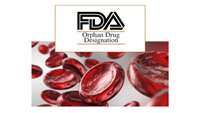Jumping genes help make neurons in a dish
The process of making functional brain cells in a lab dish requires the precise activation of selfish genetic elements known as LINE-1 (L1) retrotransposons. The finding, from researchers at KAUST, could lead to safer and more effective regenerative therapies for Parkinson's disease and other brain conditions.
Heart attack in a dish: a 3-D model
In the U.S., someone has a heart attack every 40 seconds, and yet researchers have not had a model that fully mimics what occurs in the human heart after a heart attack.
Process of stem cell autophagy may offer new targets for regenerative therapies
Researchers at Penn Medicine (PA, USA) have uncovered new roles of autophagy in embryonic stem cell renewal and differentiation. These processes, which pertain to chaperone-mediated autophagy (CMA) and a related metabolite, offer new insights that may be critical in the development of novel regenerative therapies. The study was recently published in Science.
FDA Approves CAR T-Cell Therapy for Adults With R/R Mantle Cell Lymphoma
FDA today approved the third chimeric antigen receptor (CAR) T-cell therapy, this time granting a green light for Kite Pharma’s brexucabtagene autoleucel, the first cell-based gene therapy to treat relapsed or refractory mantle cell lymphoma (MCL).
Heart attack in a dish: a 3-D model
In the U.S., someone has a heart attack every 40 seconds, and yet researchers have not had a model that fully mimics what occurs in the human heart after a heart attack.
Research reveals insights into bioprinted skeletal muscle tissue models
Skeletal muscle can be functionally compromised by genetic myopathies, aging, traumatic injuries and tumor ablation. Under some conditions, such as severe traumatic injuries and volumetric muscle loss, the regeneration process is significantly hindered by fibrous scar tissue formation and therefore causing muscle dysfunction.
Cancer study may accidentally help researchers create usable blood stem cells
A massive research effort over more than a quarter century has tried to make personalized blood stem cells for use in treating leukemias, among many other uses.
Nanostimulators boost stem cells for muscle repair
In regenerative medicine, an ideal treatment for patients whose muscles are damaged from lack of oxygen would be to invigorate them with an injection of their own stem cells.
Changing what heart cells eat could support them regenerate
Switching what the powerhouses of heart cells consume for energy could help the heart regenerate when cells die, a new study led by UT Southwestern researchers suggests.
FDA grants designations for novel stem cell gene therapy
Orchard Therapeutics (Nasdaq: ORTX), a global gene therapy leader, today announced that the company has received both orphan drug designation and rare pediatric disease designation from the U.S Food and Drug Administration (FDA) for OTL-203, an ex vivo autologous hematopoietic stem cell (HSC) gene therapy in development for the treatment of mucopolysaccharidosis type I (MPS-I).


